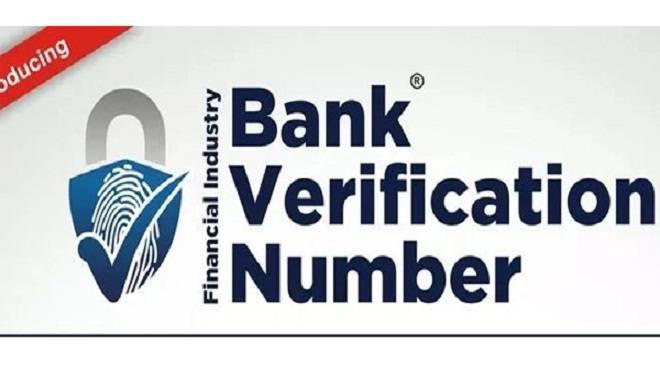It begins with a call. Someone identifies themselves as the “customer care officer” at your bank. [One give away: they never mention the name of the bank].
They reel out your entire names as they appear on your account.
They ask if you gave out your BVN to someone, and that someone is trying to withdraw money from your account.
In fact, the account was flagged because the person was withdrawing more than your account actually has. And would you supply your ATM number so they can halt the transaction?
They already know a Mastercard begins with a 5, and a Visa card begins with a 4.
Banks customers are now at the risk of being scammed.
Indeed some actually fall prey to the scammers. And the scams have gotten sophisticated with insider aid.
The fraudsters have gone so sophisticated that they obtain almost full information on a potential victim.
When they call, to sound very convincing, they tell your name as it appears on your bank account, your mother’s maiden name, date of birth and sometimes your BVN number.
The only information not available to them is your ATM card number and the password, which they try to trick you into disclosing to them.
Many a customer have fallen for the scams and have had their accounts emptied by the fraudsters.
Some discerning customers detect the fraud a mile off when the calls come in and have remained safe.
 The cost of the fraud?
The cost of the fraud?
Based on the Nigerian Deposit Insurance Report 2018, and even previous reports, over 40 percent of the fraud cases are actively supported by staff of the banks, most times, the casual and contract staff.
The NDIC 2018 report stated that, a total of 37,817 fraud cases were reported in 2018 against 26,182 in 2017.
The amount involved stood at N38.93 billion in 2018 compared to N12.01 billion in 2017.
The actual amount lost to fraud incidences in 2018 stood at N15.15 billion as against N2.37 billion and N2.40 billion in 2017 and 2016, respectively.
It attributed the rising fraud incidences to the increase in the sophistication of fraud related techniques such as hacking, cybercrime as well as increase in I.T related products and usage, fraudulent withdrawals and unauthorised credit.
The report further stated that the channels and instruments through which the reported frauds and forgeries were perpetrated indicated that internet and technology-based sources of fraud had the highest frequency, accounting for 59.2% of fraud cases and 42.83% of the actual total loss suffered.
On staff involvement in frauds and forgeries, it said a total of 899 staff were involved in fraud and forgery cases in 2018 compared with 320 in 2017.
The report further stated that the number of temporary staff involved in fraud was 394, accounting for 43.83% of the total number of staff involved in frauds.
This was followed by Officers & Executive Assistants’ cadre with 206 or 22.91 percent. Supervisors and Managers accounted for 119 or 13.24 percent of the total fraud cases.
 How do these scammers obtain bank customers details?
How do these scammers obtain bank customers details?
The bulk of the information available to fraudsters are obtained through inside connivance.
Also some customers unwittingly give out personal information about their account on the phone an online to fraudsters who pose as customer service agents of bank.
Others recklessly display their bank tellers at the bank, action that could lead to copying or even snapping by a third party.
Hackers also hack into the databases of banks to steal information.
This week, one claimed to have hacked a bank’s database and obtained at least 30,000 BVNs.
One bank has issued a statement that its database was never compromised.
While it is unverified yet, it is possible to do, and it is also possible an insider may have handed over the BVNs to an outsider for fraudulent activities.
Also faulty mobile apps are increasingly used to steal customers data from other phones.
Safety measures
Don’t download apps you don’t trust them, especially apps that are not on the recognized stores.
Do not share your bank information on untrusted mobile apps.
Use just one account on all online sites and keep just a minimal amount of money in that account.
Never disclose your personal account information like ATM number, ATM PIN, and BVN to anyone on the phone.
Report any suspicious activities on your account to bank immediately and block your account.

 Join Daily Trust WhatsApp Community For Quick Access To News and Happenings Around You.
Join Daily Trust WhatsApp Community For Quick Access To News and Happenings Around You.

